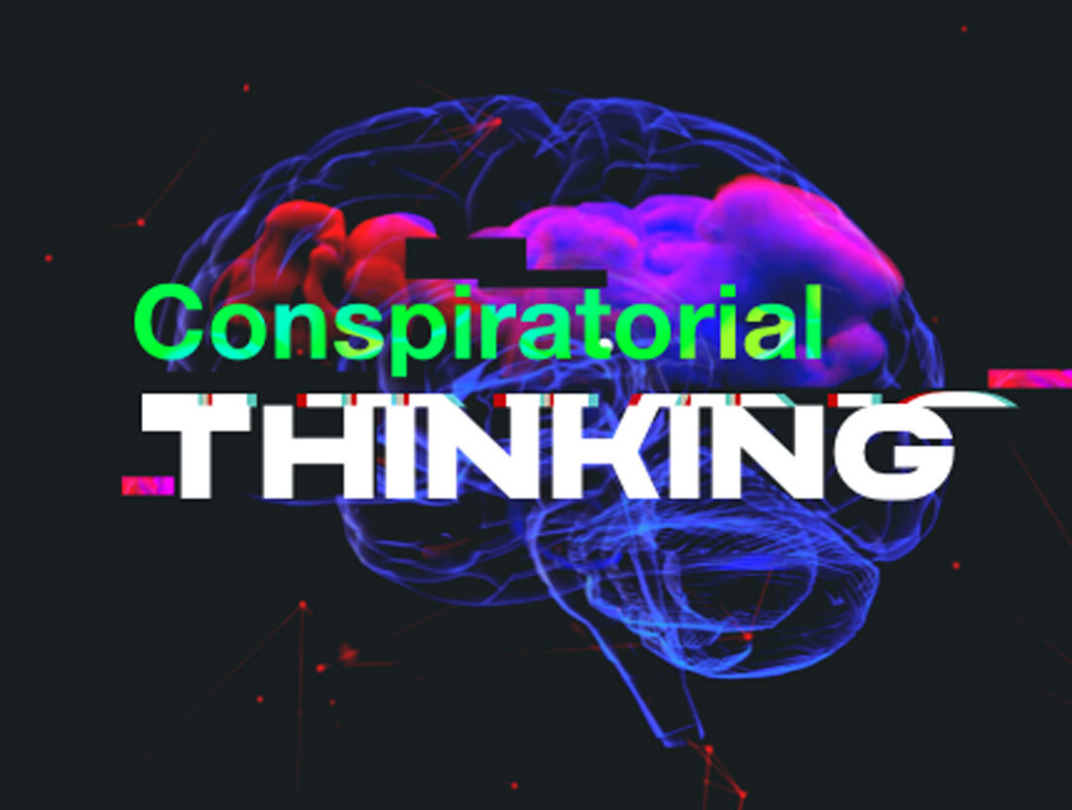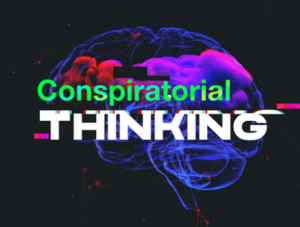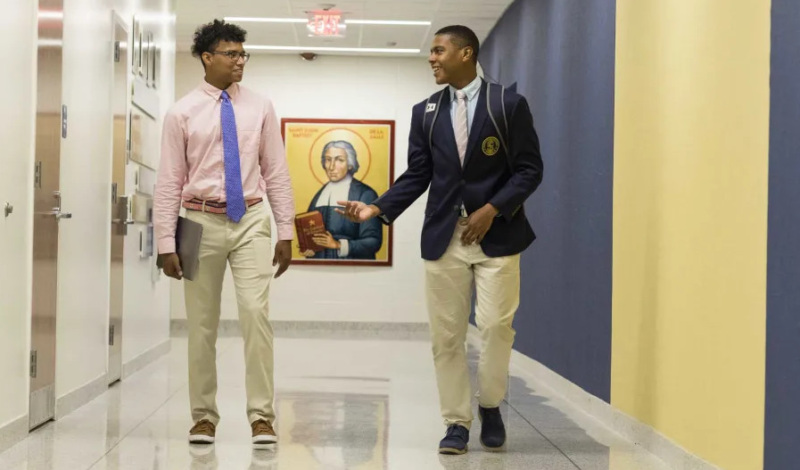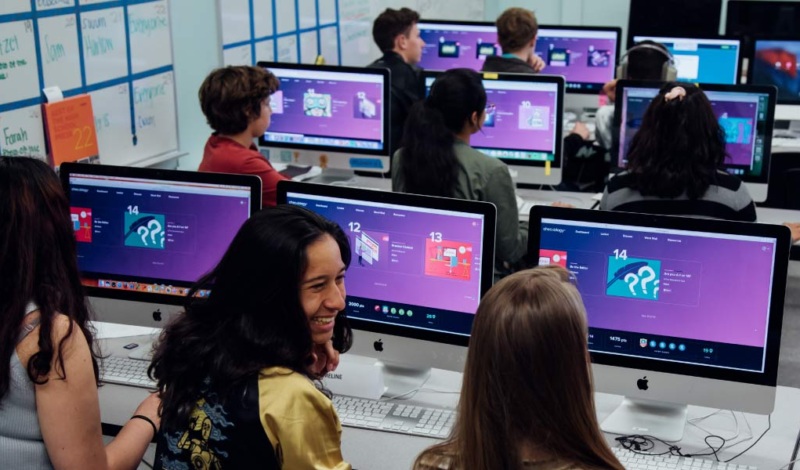
NewsLit Week | edWeb Webinar: “Avoiding the Rabbit Hole: How to Recognize and Understand Conspiratorial Thinking”
Wednesday, January 27, 2021
4:00 PM – 5:00 PM EST
 In this virtual edWebinar on Jan. 27, join subject matter expert John Silva and Shaelynn Farnsworth of the News Literacy Project for a conversation about conspiracy theories.
In this virtual edWebinar on Jan. 27, join subject matter expert John Silva and Shaelynn Farnsworth of the News Literacy Project for a conversation about conspiracy theories.
Register here for this free presentation at edWeb.
Conspiracy theories are rampant on social media, particularly related to hyperpartisan political beliefs as well as the COVID-19 pandemic. More importantly, though, the thought processes, cognitive dissonance and biases that lead to beliefs in conspiracy theories are even more common. Most of us engage in some form of conspiratorial thinking regularly, yet somehow don’t fall victim to belief in one or more conspiracy theories. What’s different about people who do?
This edWebinar explores the psychological and cognitive factors behind conspiratorial thinking, including the role of fears and anxiety, cognitive dissonance and biases, motivated reasoning and institutional cynicism. We will discuss the ways conspiracy theories exploit emotions as well as how they fill emotional needs. As part of this session, we will also provide instructional resources for integrating these concepts into your curriculum, including our new, interactive lesson which is part of the Checkology virtual classroom.
This edWebinar will be of interest to teachers, librarians, and school and district leaders of the middle school through higher education levels. There will be time for questions at the end of the presentation.

